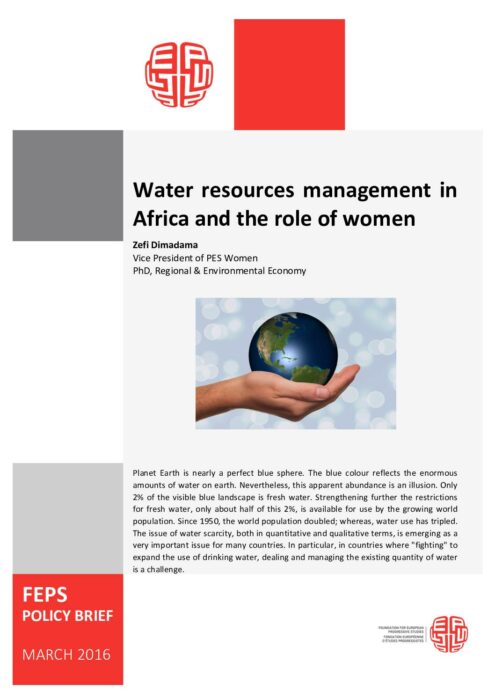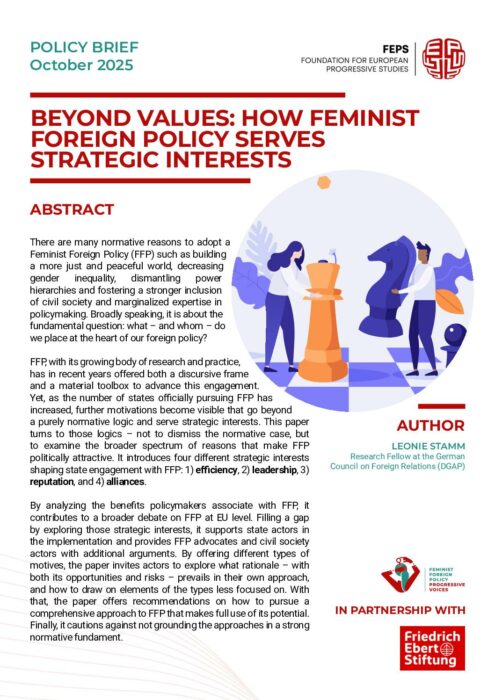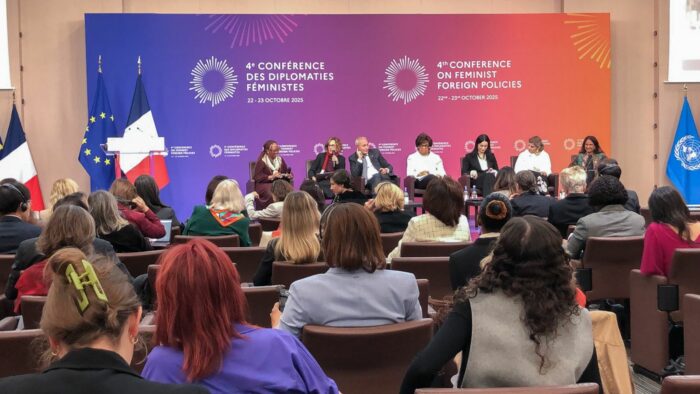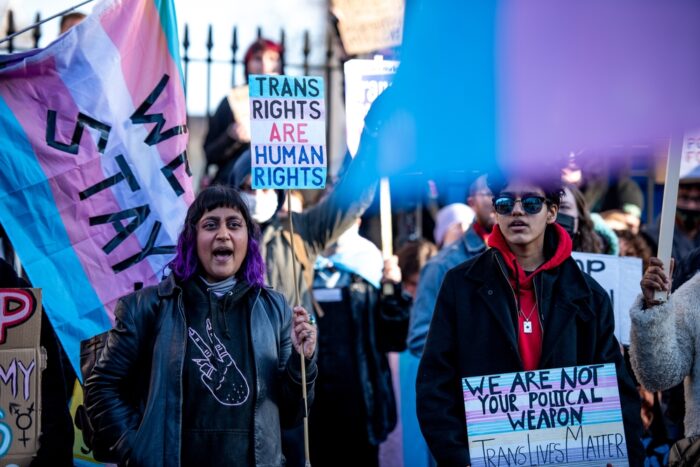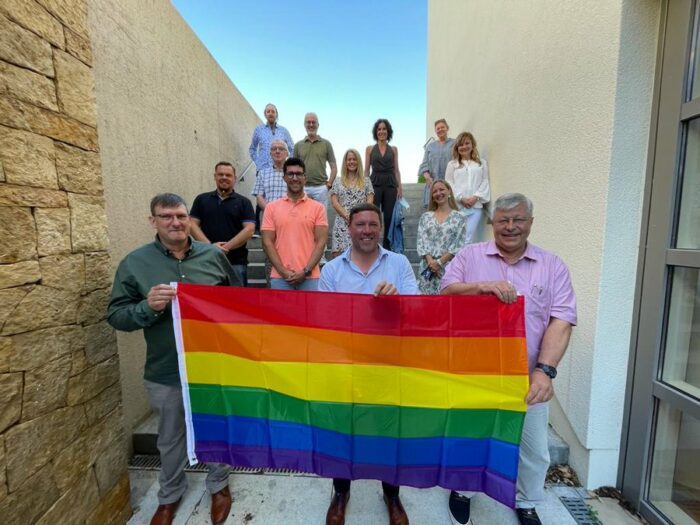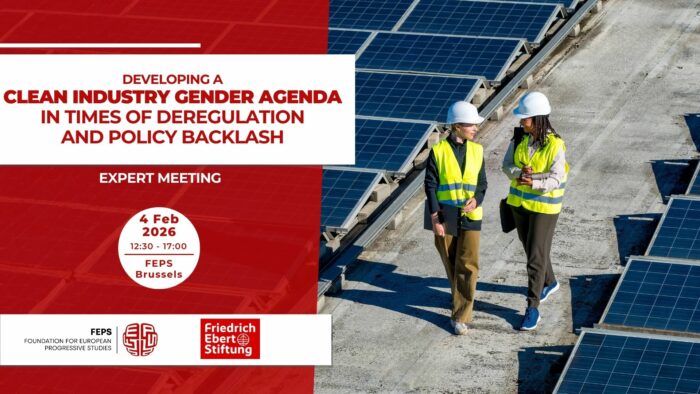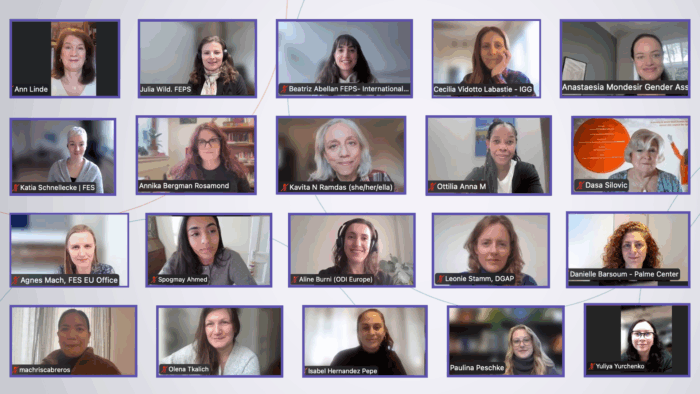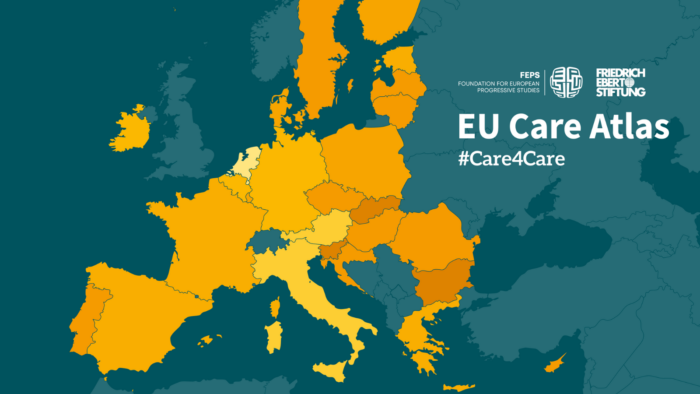Find all related publications
Publications
Find all related Progressive Post
Progressive Post
Find all related events
Events
Past
04/02/2026
FEPS HQ (Expert meeting)
12/01/2026
Vienna, Austria
01/12/2025
Online (Expert meeting)
Load more...
Find all related Audiovisual
Audiovisual

04/02/2026
03/03/2025
Find all related news
News
Find all related in the media
In the media

